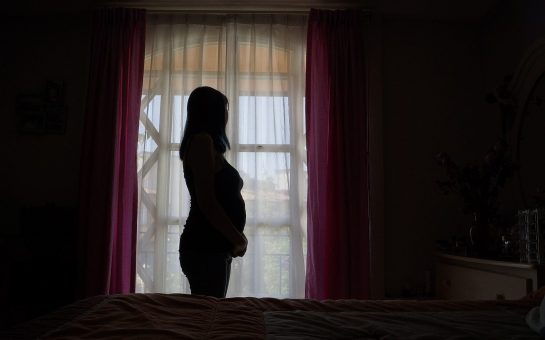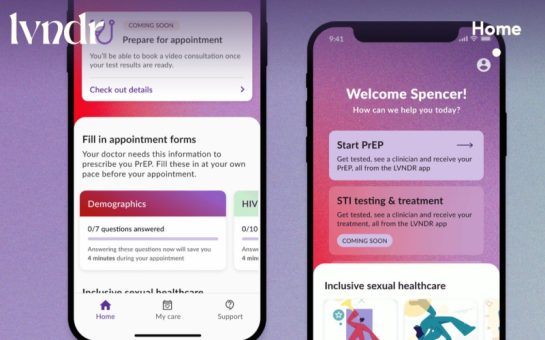Contraception use declines across England
There has been a 47% reduction in contraception-related contacts with Sexual and Reproductive Health (SRH) services in the last 10

There has been a 47% reduction in contraception-related contacts with Sexual and Reproductive Health (SRH) services in the last 10

Women in London are choosing long-term contraception options such as the coil and the implant at a far lower rate

Conception rates amongst girls under 18 have been steadily dropping in London, more than halving between 2012 and 2022, according

While the total number of contraceptive prescriptions in the UK* has decreased, the pill remains the most commonly prescribed method,

A final year PhD student at Kingston University has helped build the UK’s first digital health service for members of
More and more women are opting for long-term contraceptive methods, such as intrauterine devices (IUDs) and contraceptive implants over user-dependent
Symptoms for many common sexually transmitted infections (STIs) start appearing two weeks after contraction. For this reason, STIQ Day takes
Ruth Cadbury MP has condemned government spending cuts to public health services such as stop-smoking, sexual health and addiction support.
An Imperial Research Group is studying the hormonal causes of sexual anxiety, but some activists and academics view the problem as being social rather than biological.
Two new questions in the upcoming national census will give LGBTQ+ communities a voice for the first time in the
More than 75 per cent of people say hormonal contraception has affected their mental health, shows research by South West